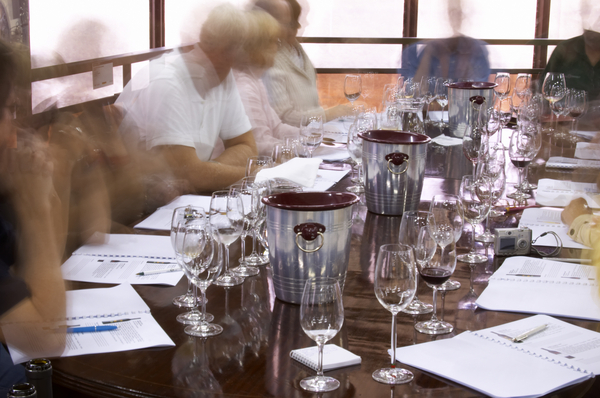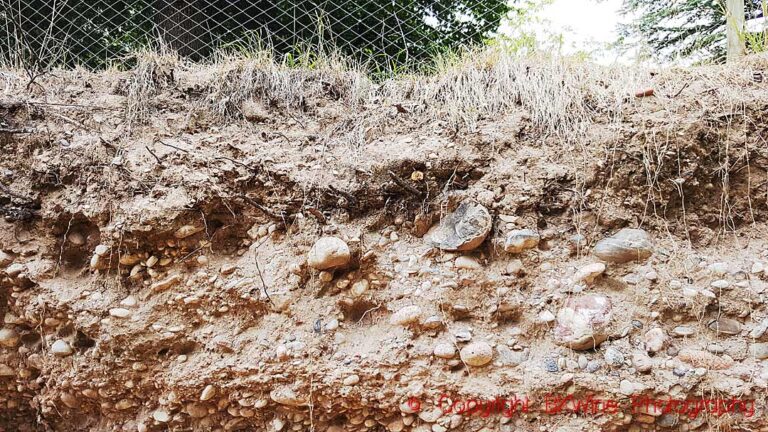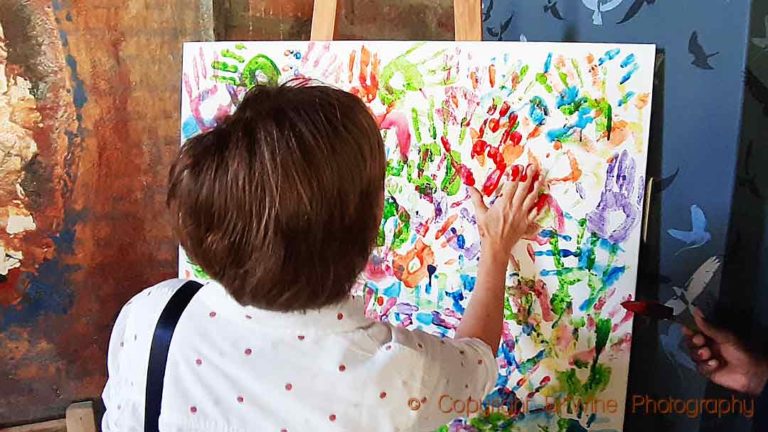Sparked by a twitter discussion recently and by the fact that the debate pops up every so often (in particular on American wine blogs!) I though it could (possibly) be interesting to bring up this issue with “disclosure” again.
“Disclosure” is mostly interpreted as that when you write about a wine you say:
“I received this wine as a free sample”
It can also apply to other things, like sponsored trips to wine regions etc.
Our view on this is, in very short words: “disclosure” is almost pointless; what is important is the journalistic ethics and the honesty of the writer and that is not demonstrated by any “disclosure”.
We would be very interested in your views. Read our more extensive reasoning here: Does it matter for a wine blog if the wines you write about are samples? And do write a comment with your view!











3 Responses
Hello Britt and Per,
I do not agree. I think the audience has the right to know how deep we, as journalists, are helped by the profession. It would at least show how hard it is to keep a cold mind in these matters…
Besides it would show if someone buys bottles from time to time, or just relies on what’s been sent to her or him by post! People must know that we could get drunk every day for free if we wanted to;-) And that it’s very easy to forget the desires of a paying customer when you never pay a bottle.
There a lots of other good reasons, I’ll explain them if somebody’s interested!
To be blunt, the facts are there:
Wine newspapers living 75% to 90% on wine producers advertisement;
+wine articles realized during trips fast integrally financed by the profession;
+wine press receiving bottles everyday for free by the post.
=journalists payed, received and supplied in wine by the production.
I think the people must know…
Cheers,
Egmont
What you are saying is true. In some ways. Without sponsors, or advertisers, or producers / organisations who pay for “freebies” wine writing would not exist today.
But it does not make much of a difference if writers/bloggers say “this was a sample” or “based on a trip where I was invited by WOSA” or similar.
Readers don’t care, and they don’t see it.
What matters is the ethics and honesty of the writer. More than any simple “this solves the conflict of interest” phrase.
I may be naive or idealistic though… But what else could I be?
You’ve said it: “what else could I be?” Same for me. It means that we have not the freedom to be something else. And that’s not good.
In my mind, the way french wines have lost lots of markets everywhere in the world during the last twenty years is not only due to the good competition of new winecountries. It is also due to the blindness of the press, which was never able to say “look, there’s a problem with your wines, for whatever reason, people are not willing to drink them anymore.”
Same thing for gastronomic writing, by the way. And lots of gastronomic writers tend to pay their additions now! And it’s often more expensive than a bottle of wine…
In my mind, samples are too much viewed as a commodity by the wine writers. If you pay for the wine, you respect the wine. That doesn’t mean that you’re obliged to like it, but at least you pay a minimum of attention to what it is. Right, you will taste less wines if you’re obliged to pay for it. But is tasting 200 wines a day really a good thing? Can you say that you always give enough chances to each wine to show you all its advantages? I’m not sure…In my mind wine samples are handled in a too easy way…
But it’s only the beginning of a reflexion…